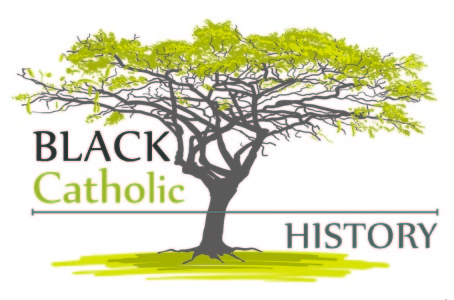Will Jemison
Since the first week of November, we have seen a drastic shift in the balance of power of our nation. The party that enjoyed some level of comfort as the leading Senate party, has now found itself having to reinvent how they manage their affairs and interactions in dealing with the party that is, in theory, in control of Congress.
The new majority party in Congress is also now forced to reflect on how they got to this point and how they will, in turn, be forced to deal with a new degree of scrutiny that comes with the great gift in which they have been given, leadership.
As we begin our observance of Black Catholic History Month, let’s consider the above reference and compare ourselves as our elected officials must do, with a strong lens focused on inflection. In the state of Mississippi, Catholics represent a relatively small percentage of those who identify as Christian.
However, our presence is often felt at the highest levels of both local and state government as a force for positive change in social justice and civil issues that affect all Mississippians, regardless of religious affiliation. Of course, this involves each group within our church having to be at the table and answer the call to service when tasked.
Predominately black parishes have historically been the beacon of hope within traditionally underserved communities in Mississippi. During the days of Jim Crow, our parish schools were often the only schools where children could receive a quality education without fear of the school closing for over-excelling or for lack of books, desks, teachers and other necessities afforded majority schools.
Religious sisters from across the nation, including the Sisters of the Holy Family, Oblate Sisters of Providence, School Sisters of Notre Dame, Dominican Sisters, and Sister Thea Bowman’s order, the Franciscan Sisters of Perpetual Adoration, all came to Mississippi with a sense of purpose to, in their own way, change the educational landscape of a state that for decades refused to invest in the sustainable growth of black Mississippians.
Although many of these challenges still exist today, the landscape of our state changed when religious sisters and brothers, priests, lay associations and ordinary citizens united to carefully discern their charism and set forth to change the lives of many they didn’t know.
As we celebrate the many individuals who have contributed to the tapestry of our diocese and the larger church, let’s also take time to reflect on how we achieved the many opportunities given to us and more importantly, what we will do with the blessings we now have.
Will we allow our opportunities to help others and bring more people to the church go unused? Will we allow our blessings and the richness of our Catholic faith to die for lack of willingness to reach outside the church and share our gifts?
In honor of Black Catholic History Month, each edition of Mississippi Catholic will feature articles highlighting the many contributions Catholics of African descent have made to the overall church. Special recognition will be given to the four causes for sainthood of American black Catholics who gave selflessly for the growth of Catholicism in the black community. Those causes; Father Augustus Tolton; Venerable Mother Henriette DeLille (Founder of the Sisters of the Holy Family); Mother Mary Elizabeth Lange (Founder of the Oblate Sisters of Providence); and Venerable Pierre Toussaint; each have the possibility of becoming the first black saint from the United States.
Please mark your calendar for the Bishop’s 2015 Martin Luther King, Jr. Celebration on Sunday, Jan. 11 at 3 p.m. in St. Peter Cathedral in Jackson. The keynote speaker is noted civil rights attorney, Benjamin Crump, of Tallahassee, Fl. Crump is best known for his representation of the families of Trayvon Martin, and most recently, Michael Brown of Ferguson, Mo. Also, during this upcoming celebration, we will honor several religious orders who have served our diocese faithfully through the years and welcome the Redemptorist community who are now serving the Mississippi Delta. This event is free and open to the public. A reception recognizing our honorees will immediately follow.
(Will Jemison is the director of the Office of Black Catholic Ministry for the Diocese of Jackson.)
Black Catholic History Month: celebrating gifts of diversity, honoring contributions
Reply
